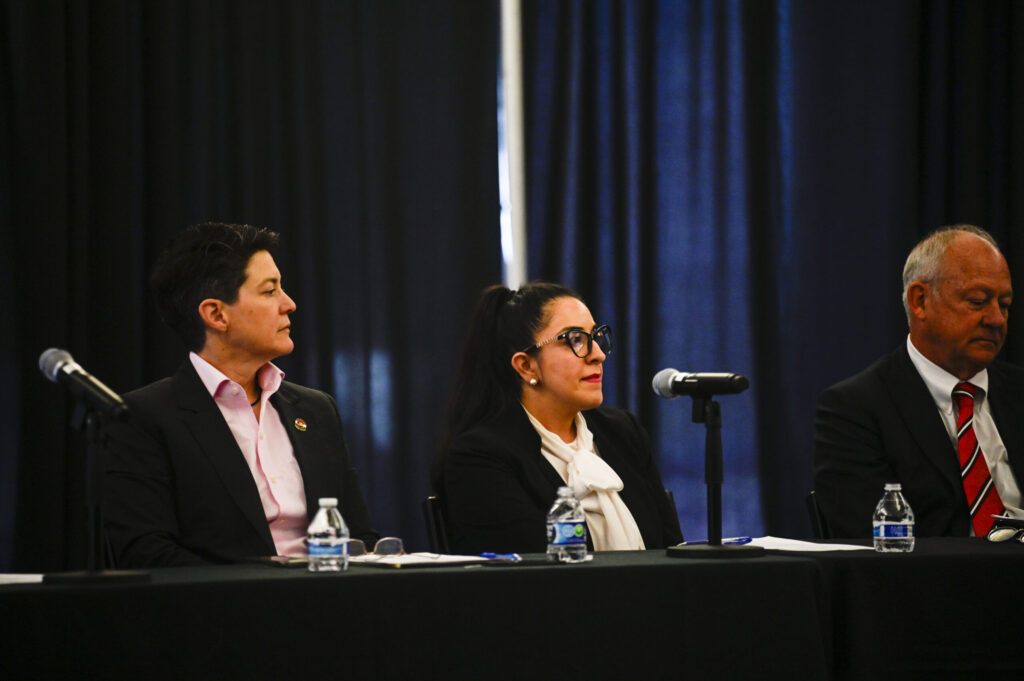SCOTUS gun rights decision does not affect man’s firearm conviction, appeals court rules
Colorado’s second-highest court declined to consider last week whether a man was convicted of a firearm offense under an unconstitutional law, noting the Colorado Supreme Court recently confirmed that changes in legal interpretation do not affect certain cases on appeal.
A Pueblo County jury convicted Thomas Gene Rael in spring 2022 of being a prior offender in possession of a gun. A few months afterward, the U.S. Supreme Court announced its decision in New York State Rifle & Pistol Association, Inc. v. Bruen, in which the court’s conservative majority made it more difficult for gun restrictions to pass constitutional muster.
The Supreme Court’s Bruen decision prompted an onslaught of challenges to gun laws in civil and criminal cases, owing to a new legal framework for analyzing constitutionality based on a “historical tradition of firearm regulations.”
Although the federal appeals court based in Denver subsequently upheld the federal version of Colorado’s felon disarmament law, Rael argued on appeal that Colorado’s prohibition was unconstitutional generally and as applied to him in light of Bruen.
The law “contradicts historical traditions and thus violates Mr. Rael’s constitutional right to bear arms,” wrote public defender Elyse Maranjian.
However, while Rael’s appeal was pending, there was another significant development. In June 2024, the Colorado Supreme Court addressed whether appellate judges, in reviewing alleged errors that were not objected to at trial, should analyze whether the error would have been obvious at the time of trial or at the time of appeal.
In People v. Crabtree, the justices rejected the time-of-appeal approach that applies in federal court and instead found an unobjected-to error has to be obvious at trial.
The Court of Appeals asked Rael and the prosecution to answer whether the Crabtree decision doomed Rael’s appeal, given that he had not objected to the constitutionality of Colorado’s law at trial. Based on the responses, a three-judge appellate panel refrained from deciding whether Colorado’s prior offender law violates the Second Amendment under Bruen because Rael was not in a position to mount that challenge.
“Put simply, when he filed his appeal, Rael bet that the supreme court would adopt the time-of-appeal rule,” wrote Judge Lino S. Lipinsky de Orlov on Oct. 10. “But he lost his bet when the court rejected the time-of-appeal rule in Crabtree.”
The panel expressed no opinion about whether Rael could succeed in his constitutional challenge if he sought postconviction relief in the trial court, which is available when there is a “significant change in the law.“
In April, a different Court of Appeals panel addressed another defendant’s Bruen-based challenge to the prior offender law. Like Rael, the defendant did not contest the law’s constitutionality at trial. Even though the state Supreme Court had not yet decided Crabtree, the appellate panel declined to review the challenge because the case lacked a “developed historical record” about the constitutionality of Colorado’s felon disarmament law.
The case is People v. Rael.











